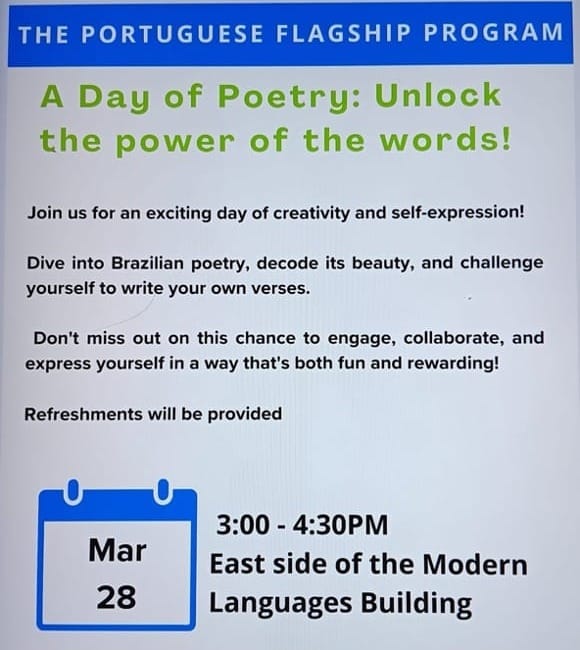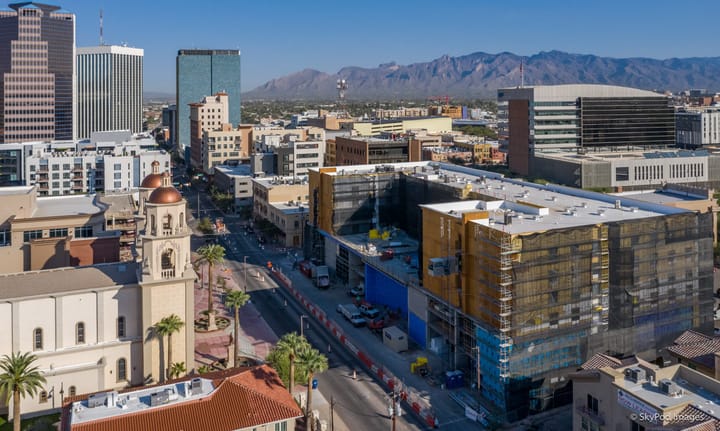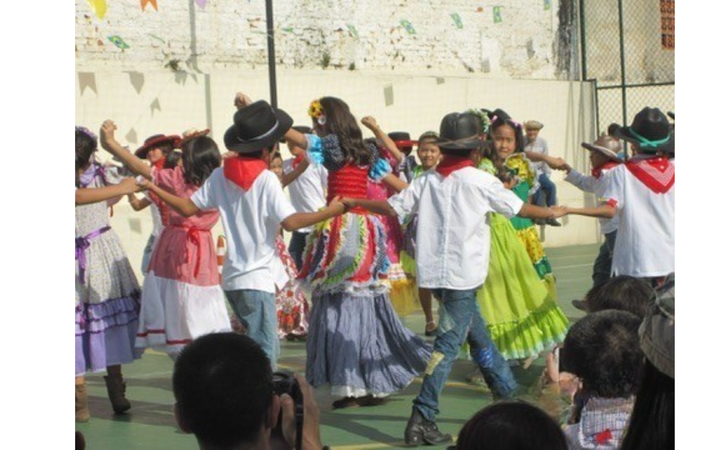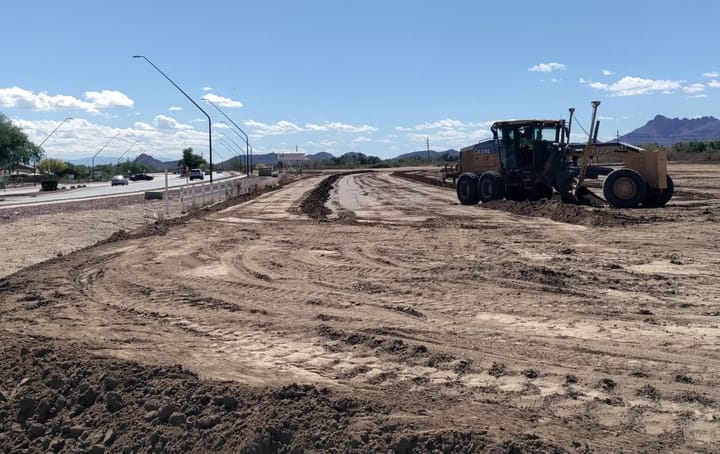UA hosts poetry event celebrating Brazilian voices
The University of Arizona’s Portuguese Department is hosting a poetry event Friday to celebrate Brazilian poets and provide students with a platform to share their work.

The University of Arizona’s Portuguese Department is hosting a poetry event Friday, celebrating Brazilian bards and providing students with a platform to share their own work.
The event is part of the Portuguese Flagship Program, which was established in 2024 under a $1.2 million federal grant. The UA was one of two universities in the United States to receive the four-year grant, which aims to advance students’ language skills and career opportunities.
“The idea is for people to have an open mic and share their poems,” organizer and Brazilian Ph.D. student Christiane Andrade told Tucson Spotlight in Portuguese. “This will bring some of our culture to Tucson.”
Andrade said when he first came to Tucson, he was surprised at its open and receptive poetry community.
“(The poetry scene) has grown since I’ve arrived here,” he said. “(In Brazil,) poetry is made when there is nothing to do.”
The event will take place at 3 p.m. on the east side of the Modern Languages Building and has stirred excitement among members of the UA’s Brazilian community.
Graduate student Amanda Amaral is studying contemporary poetry at the UA under a PDSE scholarship, a Brazilian government initiative that allows Ph.D. students in Brazil to complete part of their studies abroad.
“Tucson is culturally really alive,” Amaral said. “I never realized how serious (poetry was) in the United States. Poetry slams in Brazil have a strong prejudice … that is seen as mostly academic.”

Amaral arrived in Tucson in May 2024. Within a few months of her arrival, she discovered that public poetry readings are more common than in Brazil. That October, a friend insisted she read some of her poems in Portuguese and English during a poetry event at a laundromat near campus.
“My heart was beating really fast because I was so nervous,” Amaral said. “Later, it calmed my heart talking with a group of people about art after the fact. They gave me the courage to do it.”
Amaral won’t be able to attend the event on Friday, but she’s delighted that new and old Brazilian poetry will be featured in such a prominent way.
“It’s a path of the history of poetry that shows how we got here,” Amaral said.
Brisa Lima, a graduate student in the Latin American studies program, was born in Miami and moved to Brazil when she was 2 months old. She remembers writing a lot of poetry in English and Portuguese growing up.
“Poetry doesn’t always need to rhyme,” she said. “I feel my feelings very deeply, and the words just flow. Poetry is a raw emotion of words … but it depends on my mood.”
In Brazil, poetry and the arts are treated differently than in the United States, Lima said.
“I’ve never heard of a poetry reading in my life,” she said. “But in Tucson, it seems like there are a lot of people who support small local artists. I’m glad that this is appreciated.”

Student Adrian Ariza, who has been studying Portuguese for almost 11 years, has been writing poetry even longer. Born in Tucson, he first started writing poems in English and Spanish when he was 10 years old.
“I had so much passion for it,” Ariza told Tucson Spotlight in Portuguese. “I was in the military, then lived in Brazil for 10 years, so I haven’t been back home in a while.”
After learning Portuguese and moving to Brazil, his poetry moved from paper to public spaces. In 2017, he created a pichação, or street art tag, of a poem he wrote for his girlfriend at the time.
“It was just an intense feeling, and my emotions are so big and permanent,” he said. “That’s why I spray-painted that wall (in Paraíba).”
Ariza has since published a collection of poems, "Espectro duma Atração," or "Spectrum of an Attraction."
Living in the northeast of Brazil, Ariza recalled how poetry was politicized rather than celebrated as art.
“In Brazil, poetry is mostly used for activism,” he said. “I’ve never seen a poetry slam there.”
Both Ariza and Lima hope to attend Friday’s event and share some of their work, and several other students are already set to read works of their own.
“This event is for anyone. The point is to publicize our culture and the poetry that is rooted in our history,” said organizer Andrade. “It’s really hard to make something original, and poetry is something that can be seen in an abstract way.”
Thatcher Warrick Hess is a graduate student in the University of Arizona's bilingual journalism program and and Tucson Spotlight intern. Contact him at twarrickhess@arizona.edu..
Tucson Spotlight is a community-based newsroom that provides paid opportunities for students and rising journalists in Southern Arizona. Please support our work with a paid subscription.




